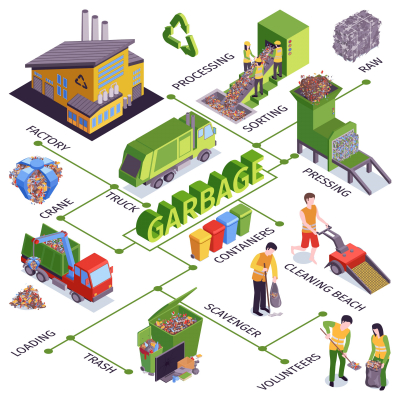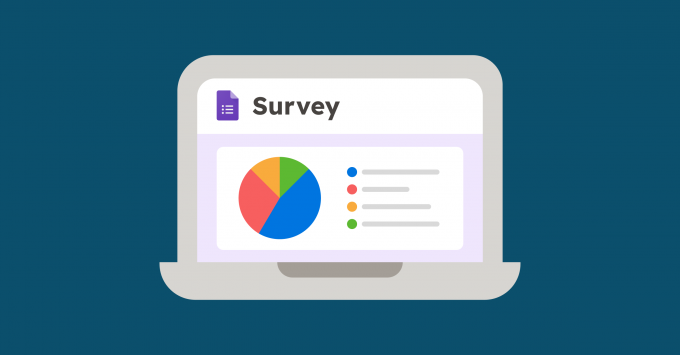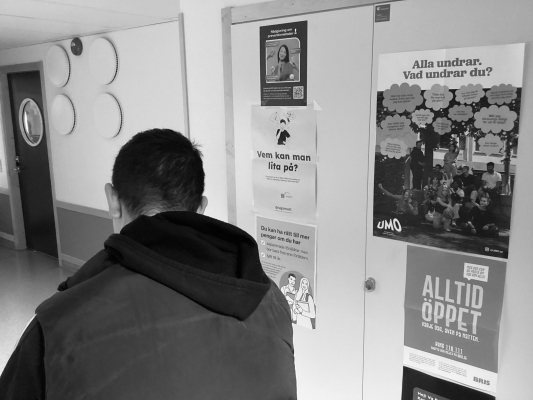FEATURE STORY, Society
Navigating the storm: understanding a teen's mind
Teenagers' mental health
By OCTAVIAN GOGA
Published 2024-09-17 07:15
References: (1) World Health Organisation, (2) United Nations International Children's Emergency Fund, (3) Harvard Health Publishing
Images in article: (1)
Writers
Photo
Research
|
13 Dec Pupil |
|
13 Oct Pupil |
|
13 Oct Pupil |
|
30 Sep Pupil |
|
30 Sep Pupil |
|
25 Jun Pupil |
|
16 Jun Pupil |
|
10 Jun Pupil |
|
10 Jun Pupil |
|
06 Jun Pupil |
|
06 Jun Pupil |
|
06 Jun Pupil |
|
05 Jun Pupil |
|
31 May Pupil |
|
28 May Pupil |
|
28 May Pupil |
|
25 Apr Pupil |
|
25 Apr Pupil |
|
25 Apr Pupil |
|
25 Apr Pupil |
|
25 Apr Pupil |
|
25 Apr Pupil |
|
11 Apr Pupil |
|
08 Apr Pupil |
|
17 Feb Pupil |
|
17 Feb Pupil |
|
17 Feb Pupil |
|
17 Feb Pupil |
|
31 Jan Pupil |
|
23 Jan Pupil |
|
16 Dec Pupil |
|
13 Dec Pupil |
|
13 Oct Pupil |
|
13 Oct Pupil |
|
30 Sep Pupil |
|
28 May Pupil |
|
28 May Pupil |
|
25 Apr Pupil |
|
25 Apr Pupil |
|
25 Apr Pupil |
|
25 Apr Pupil |
|
25 Apr Pupil |
|
25 Apr Pupil |



































